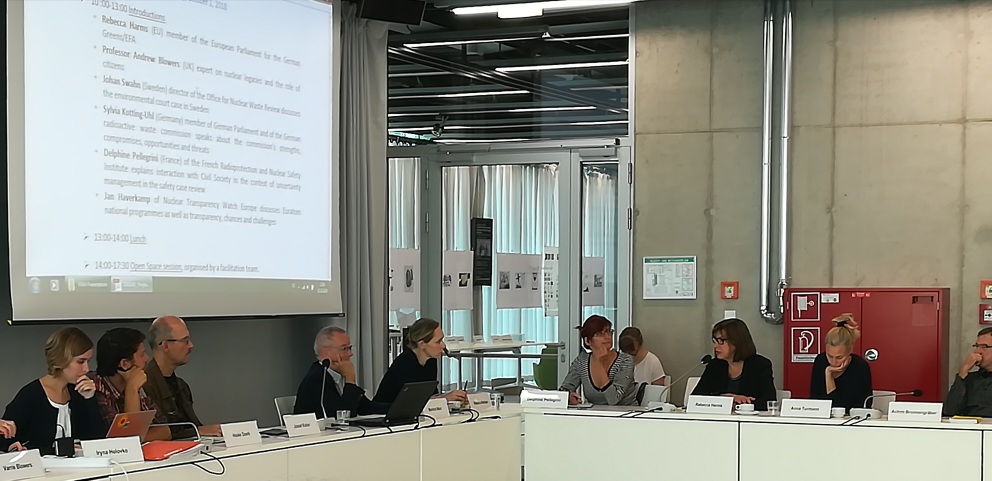After he presented his critical analysis of Small Modular Reactors (SMRs) on invitation of the organisers in the European Nuclear Energy Forum (ENEF 2018) in Bratislava, Slovakia, last June, David Lowry asked under the Freedom of Information act access to key-documentation on SMRs from the British government. After an initial refusal and subsequent appeal, the department responsible for nuclear policy, the Business, Energy and Industrial Strategy (BEIS) delivered some of the information, but heavily edited and blacked out.

You must be logged in to post a comment.